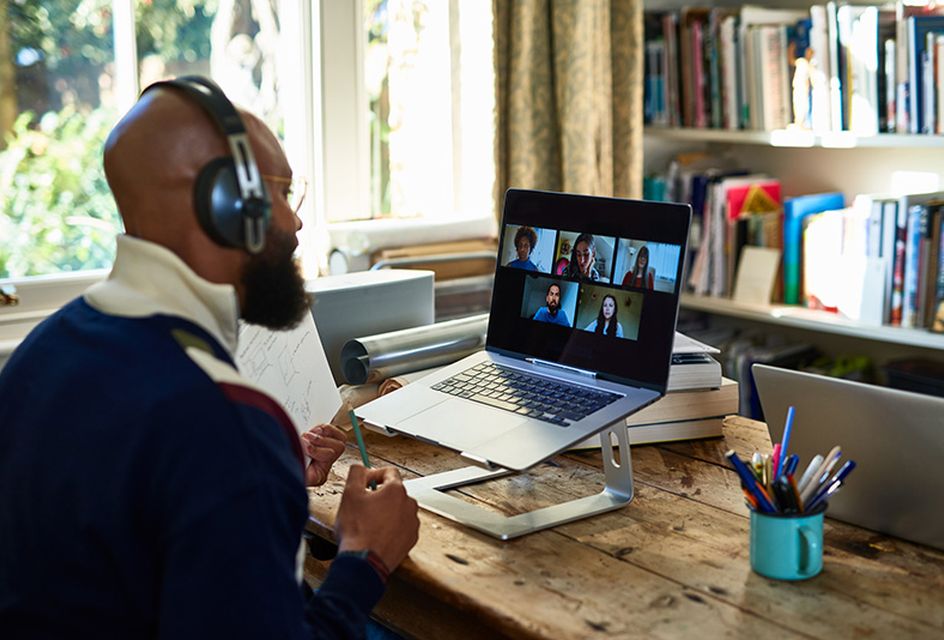Survey reveals the mental and physical health impacts of home working during Covid-19
Author: RSPH 04 February 2021 2 min read
A new report shows large health and wellbeing disparities between different groups of people who made the move to home working.

With working from home set to continue for millions of UK workers, research by RSPH shows that there are key health and wellbeing disparities between different groups of people who made the move to home working as a result of Covid-19.
What did the polling show?
- Overall, more people felt working from home was better for their health and wellbeing (45%), compared to around one third (29%) who thought working from home was worse for their health and wellbeing
- However, people who switched to working from home as a result of Covid-19 had experienced health and wellbeing impacts, with the most common being feeling less connected to colleagues (67%), taking less exercise (46%), developing musculoskeletal problems (39%) and disturbed sleep (37%)
- Over one in four (26%) are working from home from either a sofa or a bedroom
- Nearly half (48%) of people who work from a sofa or bedroom said they had developed musculoskeletal problems and nearly two thirds (59%) said they felt more isolated from their colleagues
- Women were more likely than men to feel isolated (58% of women V 39% of men) and develop musculoskeletal problems (44% of women V 29% of men) as a result of working from home
- Home working is having an impact on people’s mental health, with 67% saying they felt less connected to their colleagues and 56% saying they found it harder to switch off. However only a third of respondents had been offered support with their mental health (34%) from their employer.
- People who live with multiple housemates were more likely to think that working from home was worse for their health and wellbeing (41%), compared to people who live on their own (29%) or with just their partner (24%)
The findings of the survey also showed that the vast majority of people didn’t want to go back to working in an office full time, with nearly three quarters of people (74%) saying that they wanted to split their time between home working and working in an office.
However, the health and wellbeing issues which are affecting home workers and the fact that some groups of people are impacted more severely than others needs to be addressed by employers.
What are the recommendations?
To tackle the health and wellbeing issues that people are experiencing as a result of working from home, RSPH is calling for:
- Employers to ensure that all employees have access to mental health support to help them to cope with increased isolation and anxiety
- All employees to have access to equipment and a remote assessment to support them with their physical health
- Organisations to develop a culture that encourages employees to separate their work and home life when working from home, including encouraging employees to block their work communications outside of work hours
